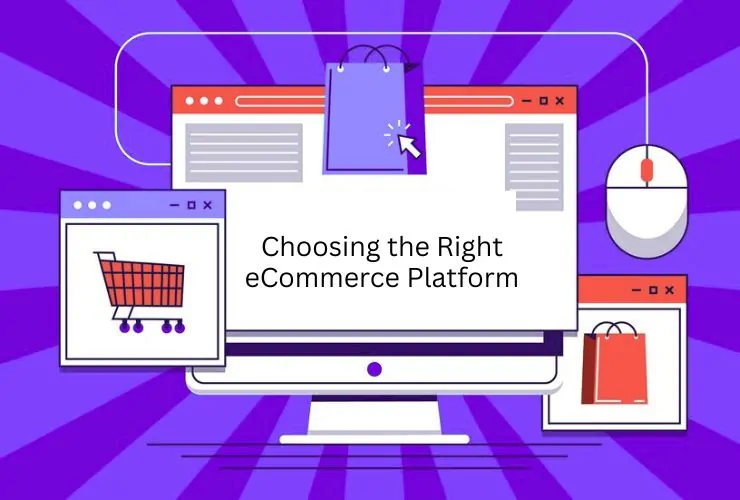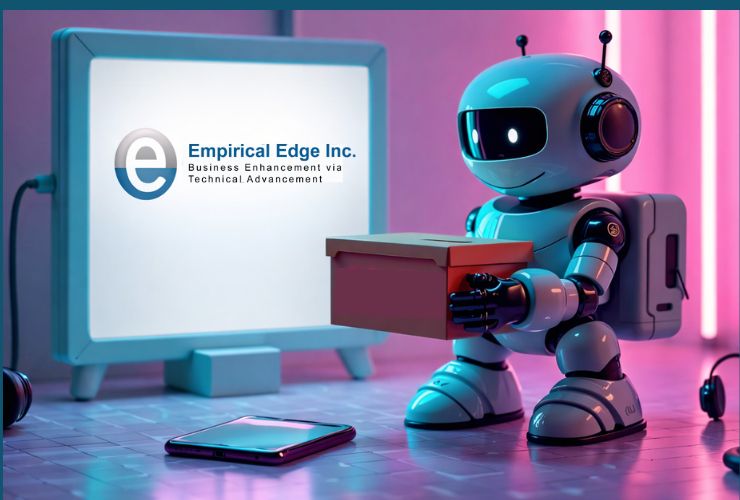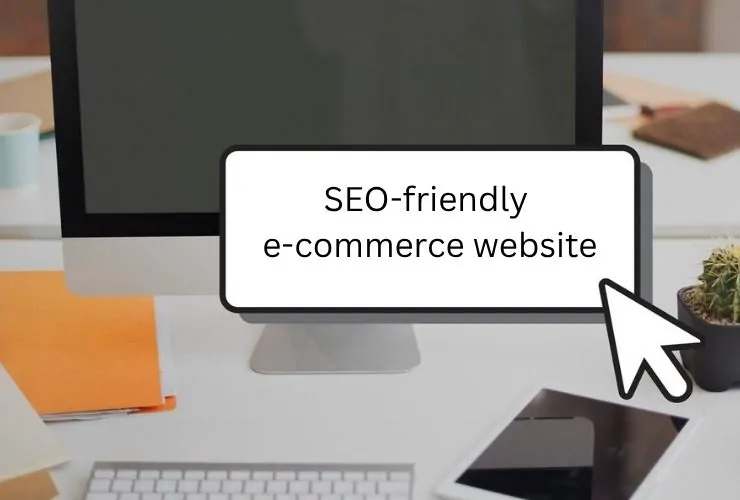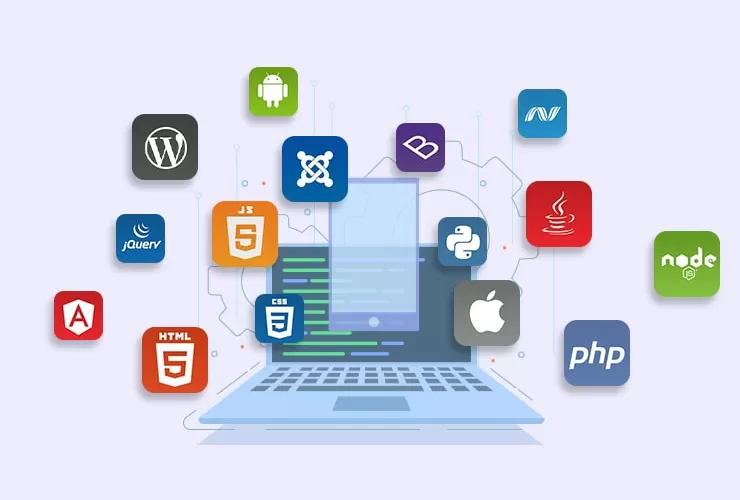The components of your eCommerce platform/module and your variety of usage also will affect everything about what you’re building—from the site look and feel, to overall performance, components, scalability, and endless growth potential. The sheer number of eCommerce platforms can be overwhelming and it is important to select the right eCommerce platform for your business needs, technical capabilities, and long-term business future.
1. Determine your specific business requirements
Before you can evaluate eCommerce platforms, you must take the time to think about your specific requirements like;
- Store complexity – Will you sell digital products, physical products, subscriptions, or services?
- Business size – Are you a start-up, SME, or large enterprise?
- Internal capabilities – Do you have in-house developers support, or do you need a low code solution?
- Budget – How much can you spend on platform fees, development, hosting, and maintenance?
- Sales channels – Will you be selling just via your site, external marketplaces, social channels, in-store purchases?
Knowing the answers to these types of questions will allow you to eliminate platforms that won’t work for you.
2. Review Notable eCommerce Platforms
Shopify – Fast and Easy for SMBs
Shopify is an excellent choice for small to medium-sized businesses that are simply looking for an easy, hassle-free solution. It’s hosted, easy to use, and has 100s of apps.
Best for: Entrepreneurs and small teams
Strengths: Easy setup, beautiful themes, reliable hosting
Considerations: Monthly costs can add up with apps and customizations
WooCommerce: Flexible and Content-Centric
WooCommerce is built on WordPress, offering a high degree of customization, and is perfect for companies that need robust content and SEO functionalities.
Best for: Stores that want total flexibility and control.
Strengths: Open-source, SEO-friendly, huge plugin marketplace.
Considerations: Technical background is needed, hosting and platform updates are your responsibility.
Magento(Adobe Commerce): Enterprise Power
Magento is a powerful and scalable platform built primarily for large businesses with complicated needs and/or high-volume sales.
Best for: Large enterprise or B2B sellers.
Strengths: Advanced customization, broad feature-set.
Considerations: Very costly, developer-reliant to build site.
BigCommerce: Feature-Packed and Scalable
BigCommerce has a strong real-time ability and scale, combining ease of use with enterprise functionality. Well suited to fast-growing businesses or B2B sellers.
Best for: Mid-level to large businesses.
Strengths: Built-in SEO, strong B2B functions, headless ready.
Considerations: Limited design flexibility, costs more as sales volume increases.
3. Compare Important Features among Platforms
When reviewing platforms these key areas should be taken into consideration:
- Ease of Use – Can you run it without extensive technical skills?
- Customization – How open is the design and feature set?
- Scalability – Will it allow you to grow your business?
- Integrations – Does it integrate with your marketing, shipping, and payment tools?
- SEO & Performance – How does it rank and how does it load?
- Security – Does it provide industry standards such as SSL, PCI, and GDPR?
4. Evaluate Integration & App Ecosystems
Your eCommerce platform must integrate with all the tools that will help give you the best growth opportunities;
- Payment gateways (e.g. Paypal, Stripe)
- Marketing tools (e.g. Mailchimp, Klaviyo)
- Analytics (e.g. Google Analytics, Hotjar)
- Shipping Solutions (e.g. ShipStation, EasyPost)
- Accounting & ERP Systems (e.g. Quickbooks, NetSuite)
Evaluate the platform’s plugin or app store and ensure that it has an API if you require custom integrations.
5. Do Security, Support & Compliance Matter
Security and compliance are very important when you are dealing with customer data and online payments. Look for:
- SSL Encryption
- PCI-DSS Compliance
- GDPR Tools
- Patches and updates
- Responsive support or community forums
Hosted solutions such as Shopify and BigCommerce alleviate this largely. In the case of self-hosted platforms like WooCommerce or Magento this will be your responsibility.
6. Plan for the Long-Term
When selecting a platform, use your current model—that’s important–but think about your growth. Ask yourself:
- Will the platform handle more products or more website visitors?
- Is it headless commerce ready (if you want an app or PWA)?
- Can it handle international sales and multiple currencies?
- Will it offer analytics to monitor growth and performance?
By taking a long-term view, you will minimize the chances of quickly outgrowing your platform.
Conclusion: Align Technology with the Business Vision
Choosing the eCommerce platform is, more than a technical decision—it is a strategic decision. The right platform is the one that best serves your brand, your team, your operations, and your customers.
Take your time evaluating your needs, be thorough in exploring your options, and ultimately invest in a platform that gives you what you need to succeed today and scale tomorrow.
Build Your Online Store on the Right Foundation
Choosing the right eCommerce platform can define your digital success. At Empirical Edge, we help businesses evaluate, implement, and optimize platforms that scale securely and deliver exceptional customer experiences.
Frequently Asked Questions
Selecting the right platform directly impacts your store’s performance, scalability, and customer experience, making it a critical decision for long-term success
Identify must-have features based on your business model—for example, bulk ordering for B2B or intuitive navigation and one-click checkout for B2C.
A scalable platform allows your business to grow, handle traffic spikes, and expand into new markets without losing performance.
Strong security features such as PCI compliance, SSL certificates, and encryption protect customer data and help maintain trust.
Reliable integrations with popular payment gateways enable seamless and secure checkout experiences for customers.
Yes. Easy integration with shipping, loyalty programs, and other software supports smoother operations and enterprise-level functionality.














